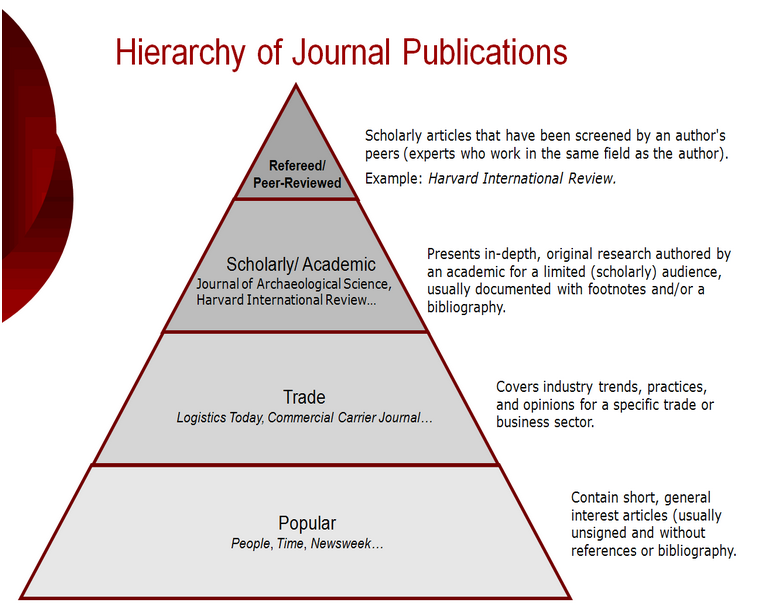Friday, May 24, 2013
Tornado Track Infographic
The roles of data in publishing and scholarship; musing on research attribution
 A few weeks ago, I had the opportunity to listen in on portions of the ORCID/Dryad symposium on research attribution being held in Oxford. Something that really stood out for me was David Deroure's description of the future of scholarship as "an ecosystem of interacting scholarly social machines" where the case can be made that social tech like Twitter becomes an "infrastructure and every hash tag is a social machine" for scholarship. What an exciting time to be involved in developing/contributing to this new ecosystem.
A few weeks ago, I had the opportunity to listen in on portions of the ORCID/Dryad symposium on research attribution being held in Oxford. Something that really stood out for me was David Deroure's description of the future of scholarship as "an ecosystem of interacting scholarly social machines" where the case can be made that social tech like Twitter becomes an "infrastructure and every hash tag is a social machine" for scholarship. What an exciting time to be involved in developing/contributing to this new ecosystem.When it comes to data citation/altmetric tracking and attribution, there are so many things that still have to be hashed out. Christine Borgman, who serves on the CODATA-ICSTI task group on data citation standards and practices, pointed out that we already have a broken model for citation metrics just for article publication, let alone coming up with standards that include data, software and other less traditional forms of scholarly output. She posed so many questions that quickly need to have answers, including how the many contributors involved in data often want attribution, but which of those roles deserve it and the responsibility/accountability that comes with it (either social or legal)? Publication of these nontraditional outputs will help with both attribution and accountability, but will also create a whole new set of problems, questions, and needs for standardization. It'll also be interesting to see where the library/librarian's role in assisting with the curation of data falls with regard to questions of attribution...
Why we cite will also drive the shape of this evolving model, particularly decisions about whether more emphasis will be placed on creating mechanisms for linking, discovery of and REUSE (including the transformation of data as it is reused) of these outputs than on the idea of simply giving credit. I'm hoping it's more the former than the latter, though I completely understand the importance and need for attribution.
This summer, I and some of my colleagues on campus are dedicating a bit of time to explore this ecosystem and the future that SUNY Geneseo might have in it. I have no doubt that it will be an interesting process.
Thursday, May 9, 2013
2012 Voting rates from the Census

Tuesday, May 7, 2013
And hopes of open access recede farther into the darkness
 I just got some discouraging news about Harvard Business Review this week and have been struggling with how to share it with the faculty on campus (HBR is available in our subscription of EBSCOhosts' Business Source Complete).
I just got some discouraging news about Harvard Business Review this week and have been struggling with how to share it with the faculty on campus (HBR is available in our subscription of EBSCOhosts' Business Source Complete).But let me back up and start from the beginning... Harvard Business Publishing has decided to add another level of purchasing permissions in addition to what we pay for the database for their most popular 500 articles and case studies from HBR.
These articles (which evidently will change every year based on popularity/demand) can still be found by searching for them in the database using the citation or through a topical searches, but as of August 1, 2013 can only be viewed as read-only material, which means they cannot be printed, downloaded, shared, linked to, or used in the classroom in any way! Just in case you think I'm exaggerating, here is the complete notice of restriction for usage:
“Harvard Business Review Notice of Use Restrictions, Harvard Business Review and Harvard Business Publishing Newsletter content on EBSCOhost is licensed for the private individual use of authorized EBSCOhost users. It is not intended for use as assigned course material in academic institutions nor as corporate learning or training materials in businesses. Academic licensees may not use this content in electronic reserves, electronic course packs, persistent linking from syllabi or by any other means of incorporating the content into course resources. Business licensees may not host this content on learning management systems or use persistent linking or other means to incorporate the content into learning management systems. Harvard Business Publishing will be pleased to grant permission to make this content available through such means. For rates and permission, contact permissions@harvardbusiness.org.”
I know trying for tact is the best modus operandi. Though I'd really just like to offer my help finding alternative articles and case studies, so our entire campus can thumb its metaphorical nose at Harvard Business Publishing. Melodramatic, but tis how I feel.
Now that I've had my rant, my first step will be to gauge impact from HBR usage and then compose a tactful, yet informative email to faculty. <sigh>
Monday, May 6, 2013
Ousting wiki from Wikipedia...
 I just read a disturbing article in the Economist about Wikipedia that makes me wonder just how much the content is really "crowd sourced." Essentially, the administrators of said site were quietly changing the categories (and then later the entry of the author who brought the changes to light by removing the link to her New York Times article which pointed out the changes they were making) so that all American female authors were shifted into a separate sub-category called American Women Authors, leaving only male authors in the American Authors category. Evidently, it's stirred up quite the controversy at Wikipedia.
I just read a disturbing article in the Economist about Wikipedia that makes me wonder just how much the content is really "crowd sourced." Essentially, the administrators of said site were quietly changing the categories (and then later the entry of the author who brought the changes to light by removing the link to her New York Times article which pointed out the changes they were making) so that all American female authors were shifted into a separate sub-category called American Women Authors, leaving only male authors in the American Authors category. Evidently, it's stirred up quite the controversy at Wikipedia.
Wednesday, May 1, 2013
One of my most useful teaching assets...

